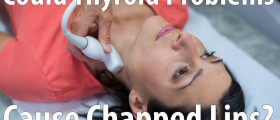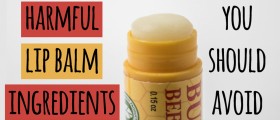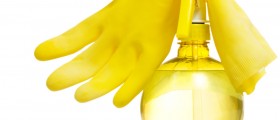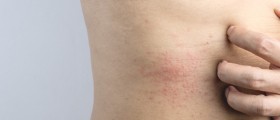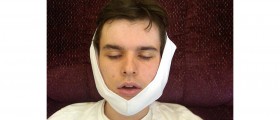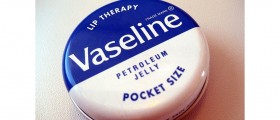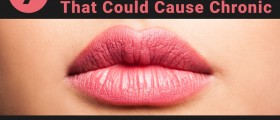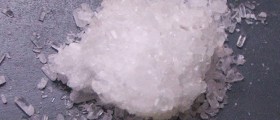I had eczema a few years ago and always had to deal with an occasional flare up, never had an infection though until a few weeks ago. Around 3 weeks ago I had eczema on my wrist so I scratched it and it ended up getting infection I think. Then the area around my lips became red and cracked. Then a few days later yellow crusts formed on my lips and on my nose. I used Polysporin around my lips and it helped keep the area free from yellow crusts for a few hours but it always came back. After that I went to the doctor and was prescribed Cephalexin 500mg (taken by mouth) to treat it. I took it for 7 days, 4 times a day and then my condition recovered. Unfortunately around a week later I got yellow crust around lips and nose again. So I went to see a doctor and was prescribed Cephalexin 500mg (taken by mouth) and Mupirocin 2% ointment to be applied 3 times a day. After 1-2 days of taking the antibiotics and applying the prescription ointment my lips and the area around it became red and cracked/chapped. I don't know what I should do since the area around my lips doesn't seem to improve yet (it's been like 3 days) and need some advice, feedback, anything.
Loading...
Yellow crusts around the lips, cracked red skin around the lips, and cracked lips may be caused by a number of different conditions, including:
-
Angular cheilitis: This is a fungal or bacterial infection that can cause redness, cracking, and scaling at the corners of the mouth. It can also cause yellow or white crusts to form.
-
Contact dermatitis: Exposure to an irritant or allergen, such as certain foods or lip products, can cause a rash or skin irritation around the lips.
-
Eczema: This is a chronic skin condition that can cause dry, itchy, and scaly skin, as well as cracking and bleeding.
-
Cold sores: These are caused by the herpes simplex virus and can cause red, blistered areas around the lips, which can then crust over.
-
Nutritional deficiencies: A deficiency in certain vitamins or minerals, such as vitamin B12 or iron, can cause dry, cracked skin around the mouth.
Treatment for these conditions will depend on the underlying cause. Over-the-counter creams or ointments may help soothe and moisturize the affected skin, while prescription medications may be needed for more severe or persistent cases.
How are you now? Have you resolved your issue?
Loading...



